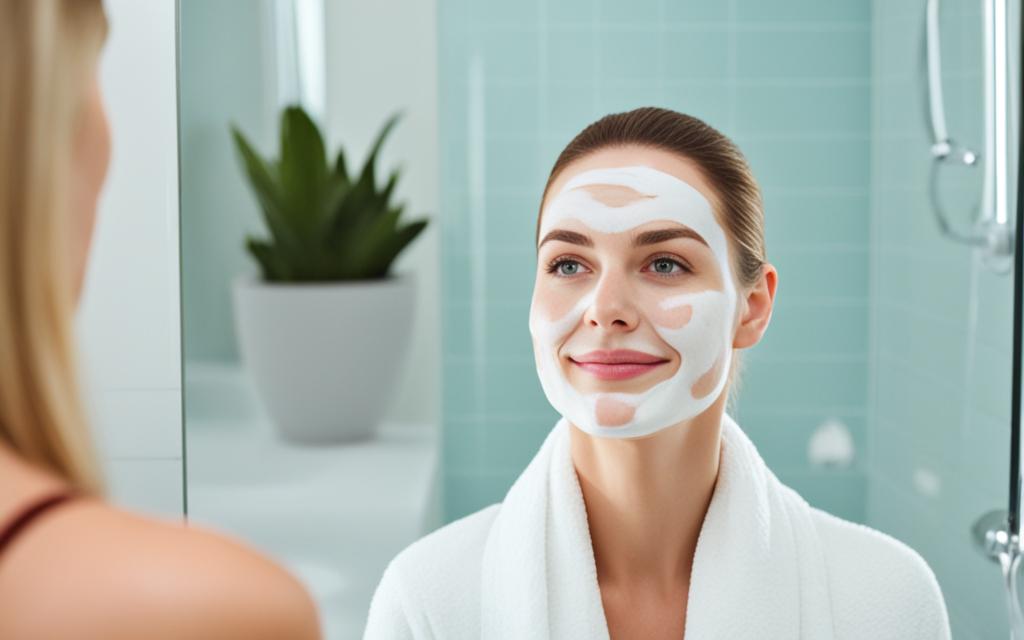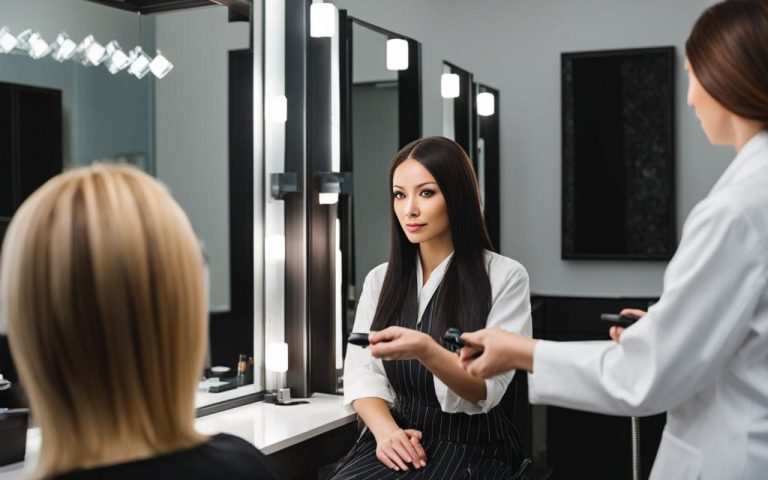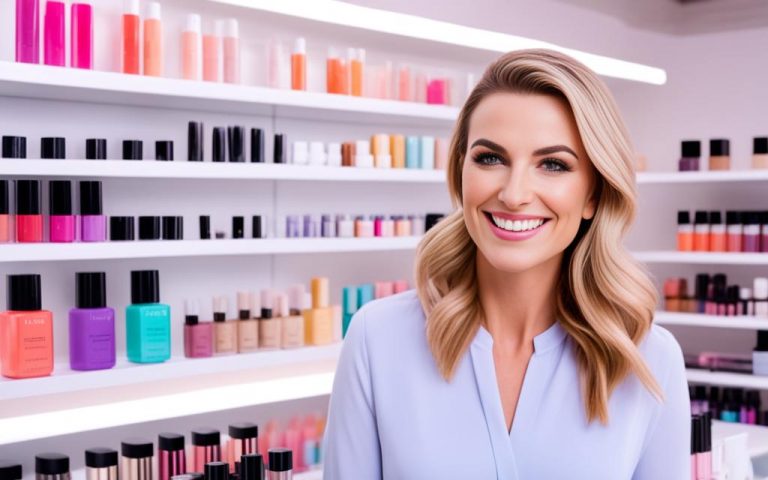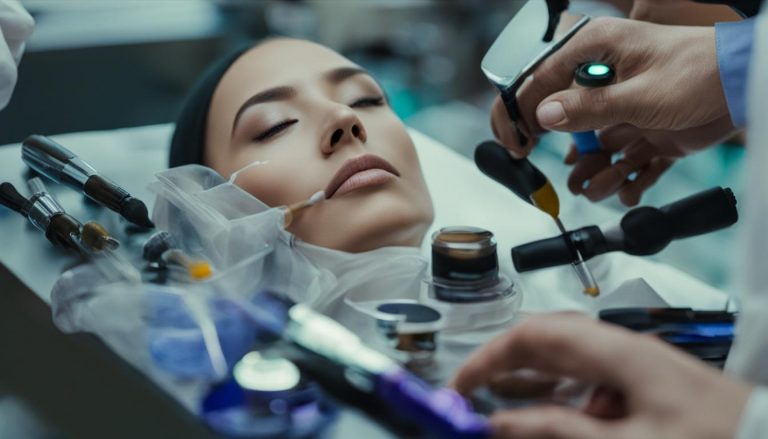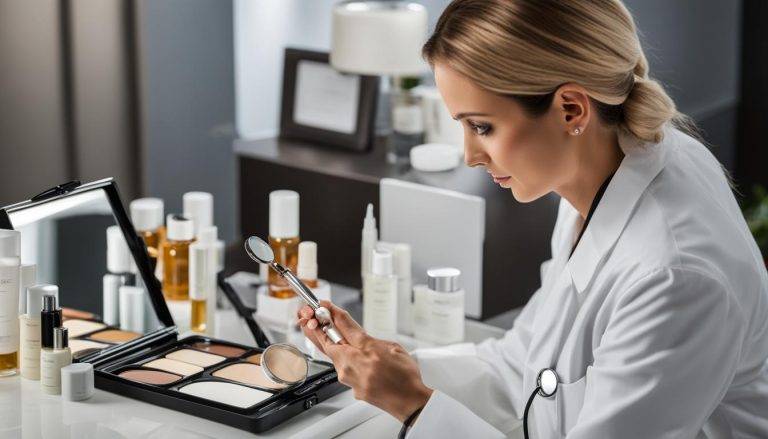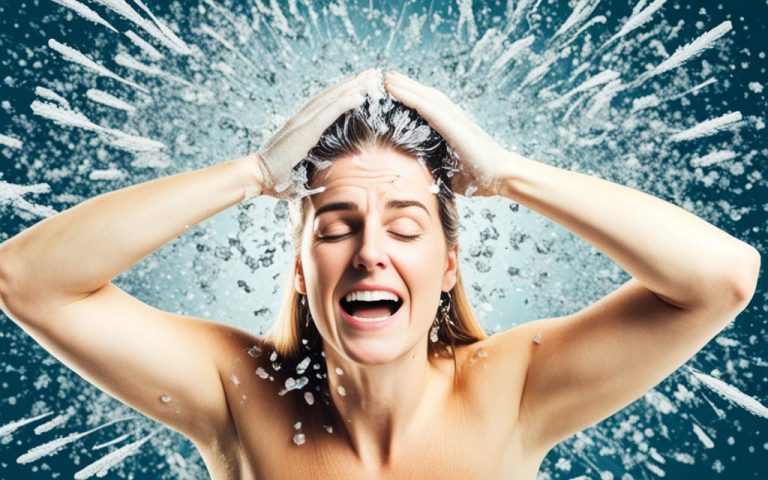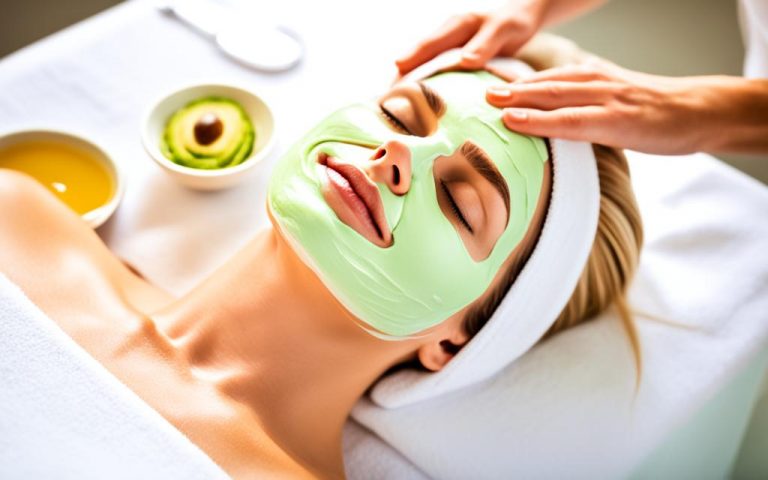How to get get rid of Pimples?
How to get get rid of Pimples? Acne is a common skin condition that affects many people, causing pesky pimples that can be frustrating to get rid of. While there are many conventional treatments available, some people prefer natural remedies. In this article, we will explore different ways to effectively get rid of pimples and achieve a blemish-free complexion.
Key Takeaways:
- Spot treat pimples with tea tree oil or other essential oils to harness their antibacterial properties
- Apply green tea to the skin to reduce inflammation and inhibit the growth of acne-causing bacteria
- Moisturize with aloe vera gel to fight bacteria and reduce inflammation caused by pimples
- Consider long-term remedies like zinc supplements, brewer’s yeast, and fish oil to prevent and heal acne over time
- Follow self-help techniques such as washing with a mild cleanser, avoiding squeezing or picking at pimples, using non-comedogenic products, and maintaining good hygiene
Spot Treatment with Tea Tree Oil
Tea tree oil, extracted from the leaves of the Melaleuca alternifolia tree, has antibacterial properties that can help fight the bacteria that cause pimples. Studies have shown that applying tea tree oil gel to acne lesions can significantly reduce their severity. However, it is important to dilute tea tree oil with a carrier oil and perform a patch test before applying it to the skin.
Tea tree oil is a popular natural acne remedy due to its potent antibacterial properties. Diluting it with a carrier oil, such as jojoba oil or coconut oil, helps prevent skin irritation. Before applying tea tree oil to your skin, it is crucial to perform a patch test to check for any adverse reactions.
To create a tea tree oil spot treatment, follow these steps:
- Combine 1 to 2 drops of tea tree oil with 1 tablespoon of carrier oil.
- Dip a cotton swab or clean fingertip into the diluted mixture.
- Gently apply the mixture directly to the pimple.
- Leave it on overnight or for a few hours before rinsing off.
“Tea tree oil has been widely recognized for its antimicrobial properties, making it an effective natural remedy for acne. When applied topically, it can help reduce inflammation and kill acne-causing bacteria.” – Dr. Lisa Brown
Tea tree oil should not be ingested, as it can be toxic if swallowed. Additionally, while tea tree oil can be a beneficial addition to your acne-fighting routine, it may not work for everyone. If you experience any severe or persistent skin irritation, it is recommended to discontinue use and consult a dermatologist.
| Advantages | Considerations |
|---|---|
|
|
Spot Treatment with Other Essential Oils
In addition to tea tree oil, there are other essential oils that can help clear up pimples. Essential oils like cinnamon, rose, lavender, and clove have antibacterial and anti-inflammatory properties that can inhibit the growth of acne-causing bacteria. These essential oils should also be diluted with a carrier oil before applying to the skin.
| Essential Oil | Properties |
|---|---|
| Cinnamon | Antibacterial and anti-inflammatory |
| Rose | Antibacterial and anti-inflammatory |
| Lavender | Antibacterial and anti-inflammatory |
| Clove | Antibacterial and anti-inflammatory |
When using these essential oils for spot treatment, it’s important to dilute them with a carrier oil such as jojoba oil or coconut oil. This helps prevent skin irritation and sensitization. Simply mix a few drops of the essential oil with a teaspoon of carrier oil and apply it directly to the pimple using a clean cotton swab or a cotton ball. Leave it on for a few hours or overnight and then rinse off with lukewarm water.
It’s worth noting that essential oils can be potent, so it’s essential to perform a patch test before applying them to your face. Apply a small amount of the diluted oil to a small area of your skin and wait 24 hours to see if any adverse reactions occur.
“Using essential oils for spot treatment can be an effective and natural way to tackle pesky pimples. Cinnamon, rose, lavender, and clove essential oils have potent antibacterial and anti-inflammatory properties that can help reduce inflammation and kill acne-causing bacteria.” – Dermatologist Dr. Jane Adams
Incorporating spot treatment with other essential oils into your skincare routine can be a holistic approach to combatting pimples, offering a gentle and natural alternative to conventional acne treatments. However, it’s important to remember that essential oils may not work for everyone, and results may vary. If you experience persistent or severe acne, it’s best to consult a dermatologist for professional guidance and personalized treatment options.
Apply Green Tea to the Skin
Green tea, rich in flavonoids and tannins, is not just a refreshing beverage but also offers numerous benefits for your skin. Its anti-inflammatory properties can help reduce acne and improve the overall health of your skin. To harness the benefits of green tea for acne, you can apply green tea extract topically to your skin.
To use green tea as a natural remedy for acne, steep a green tea bag in hot water for a few minutes. Once the tea has cooled down, dip a cotton ball or pad into the tea and gently apply it to the affected areas of your skin. Leave it on for about 10 minutes, then rinse off with lukewarm water. The antioxidants present in green tea can help reduce sebum production and inhibit the growth of acne-causing bacteria, ultimately reducing the appearance of pimples.
This simple and cost-effective skincare technique can be easily incorporated into your daily routine and can complement other acne-fighting treatments. Regularly applying green tea to the skin can help soothe inflammation, promote healing, and leave your skin feeling refreshed and revitalized.
Moisturize with Aloe Vera
Aloe vera gel has anti-inflammatory and wound-healing properties that can help fight bacteria and reduce inflammation caused by pimples. This natural ingredient is known for its soothing effects on the skin, making it a popular choice for acne sufferers. When used as a moisturizer, aloe vera gel can provide hydration without clogging pores, helping to maintain a healthy balance in the skin.
Applying aloe vera gel to the skin in combination with other acne treatments can enhance their effects and promote clearer skin. The cooling and soothing nature of aloe vera can help reduce redness and irritation associated with acne, while its natural antibacterial properties can help combat acne-causing bacteria.
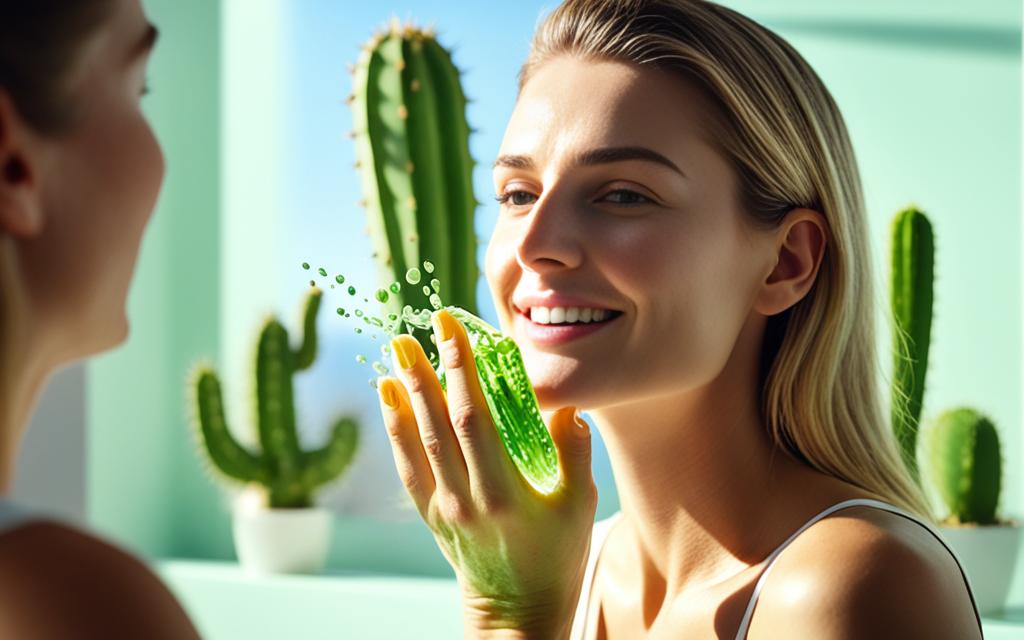
Aloe vera gel can be easily incorporated into your skincare routine. After cleansing and treating your acne, apply a thin layer of aloe vera gel to the affected areas. Gently massage it into the skin until fully absorbed. Let it dry before applying other skincare products or makeup.
| Benefits of Aloe Vera for Acne |
|---|
| Reduces inflammation and redness |
| Fights acne-causing bacteria |
| Hydrates the skin without clogging pores |
| Soothes and calms irritated skin |
| Enhances the effects of other acne treatments |
While aloe vera can be beneficial for acne-prone skin, it is important to note that results may vary from person to person. It is always recommended to perform a patch test before using any new skincare product to check for any adverse reactions.
Long-Term Acne Remedies
In addition to spot treatments, there are also long-term acne remedies that can help prevent and heal acne over time. Incorporating certain supplements into your skincare routine can enhance your efforts in achieving clearer, healthier skin.
Zinc Supplement for Acne
One effective long-term remedy for acne is taking a zinc supplement. Zinc has been shown to reduce acne lesions by regulating the production of sebum, a contributing factor to acne development. Additionally, zinc has anti-inflammatory properties that can help calm irritated skin and reduce the redness associated with acne. By adding a zinc supplement to your daily regimen, you can support your skin’s health from within.
Brewer’s Yeast for Acne
Another natural remedy worth considering is brewer’s yeast. Brewer’s yeast is a rich source of B-complex vitamins, including riboflavin (vitamin B2) and biotin (vitamin B7), which promote healthy skin. Ingesting brewer’s yeast can help decrease pimples when taken orally. This nutritional supplement supports overall skin wellness and can be a valuable addition to your acne-fighting routine.
Fish Oil Supplement for Acne
Omega-3 fatty acids, found abundantly in fish oil supplements, have been shown to have numerous benefits for the skin, including improving acne symptoms. These essential fatty acids possess anti-inflammatory properties that can help reduce the inflammation associated with acne breakouts. Incorporating a fish oil supplement into your daily routine can support your skin’s natural defenses and promote a healthier complexion.
Remember, before incorporating any supplements into your skincare regimen, it’s important to consult with a healthcare professional to determine the appropriate dosage and ensure compatibility with your overall health.
| Supplement | Benefits |
|---|---|
| Zinc | – Reduces acne lesions – Regulates sebum production – Anti-inflammatory effects |
| Brewer’s Yeast | – Decreases pimples – Promotes healthy skin – Rich in B-complex vitamins |
| Fish Oil | – Improves acne symptoms – Anti-inflammatory properties – Supports skin health |
With consistent use of these long-term acne remedies, you can effectively manage and improve your skin condition, reducing the occurrence of pimples, controlling oiliness, and achieving a clearer, healthier complexion.
Self-Help Techniques for Acne
Managing acne can be challenging, but there are several self-help techniques that can make a difference in your skincare routine. By following these tips, you can effectively manage acne and achieve clearer skin.
1. Gentle Cleansing
Gently wash the affected areas with a mild cleanser. Avoid harsh scrubbing or abrasive products that can further irritate the skin. Cleansing twice a day, in the morning and evening, can help remove excess oil and unclog pores.
2. Hands Off
Resist the temptation to squeeze or pick at pimples. Picking at acne lesions can worsen inflammation, increase the risk of infection, and potentially lead to scarring. Instead, treat them with spot treatments and be patient as they heal.
3. Non-Comedogenic Products
When choosing skincare and makeup products, opt for non-comedogenic options. Non-comedogenic products are formulated to not clog pores, reducing the likelihood of breakouts. Look for labels that explicitly state “non-comedogenic” on the packaging.
4. Makeup Removal
Removing makeup before bed is crucial for maintaining clear skin. Leaving makeup on overnight can clog pores and contribute to acne breakouts. Use a gentle makeup remover or cleanser to thoroughly cleanse the skin before applying any topical acne treatments.
5. Regular Exercise
Regular exercise not only benefits your overall health but can also help manage acne. Exercise increases blood circulation, which promotes cell turnover and helps flush out toxins from the body. Just remember to cleanse your skin afterward to remove sweat and oil buildup.
6. Good Hygiene
Practicing good hygiene is essential in managing acne. Wash your pillowcases regularly, as they can accumulate bacteria and oil from your skin and hair. Avoid touching your face throughout the day to minimize the transfer of dirt and bacteria to your skin.
| Self-Help Techniques for Acne | Benefits |
|---|---|
| Gentle Cleansing | Removes excess oil and unclogs pores |
| Hands Off | Prevents further inflammation and scarring |
| Non-Comedogenic Products | Reduces the risk of breakouts |
| Makeup Removal | Prevents clogged pores and breakouts |
| Regular Exercise | Promotes blood circulation and cell turnover |
| Good Hygiene | Minimizes bacteria and dirt transfer to the skin |
When to Seek Medical Advice
If you have mild acne, over-the-counter treatments can often effectively manage the condition. However, if your acne worsens or causes significant distress, it is best to seek medical advice. Consulting a dermatologist is recommended for moderate to severe acne, as they can provide stronger treatments and personalized guidance on how to manage and treat your specific condition.
A dermatologist may prescribe antibiotics or prescription creams to combat moderate to severe acne. These treatments can target the underlying causes of acne and help prevent scarring. They can also offer valuable advice on long-term acne management and recommend appropriate skincare routines.
The Benefits of Seeking Medical Advice for Severe Acne
Seeking medical advice for severe acne not only provides access to specialized treatments but also prevents potential scarring and reduces the emotional distress associated with persistent acne.
While self-help techniques and natural remedies can be beneficial for mild acne, they may not be sufficient for severe cases. If your acne becomes severe, characterized by deep cysts, widespread inflammation, and persistent breakouts, consulting a dermatologist is crucial for effective treatment.
Remember, acne is a complex condition that often requires a multifaceted approach. By consulting a medical professional, you can receive the appropriate care and guidance needed to manage and treat your acne effectively.
| When to See a Doctor for Acne: | When to Try Self-Help Techniques: |
|---|---|
| Severe acne with deep cysts | Mild acne with occasional breakouts |
| Widespread inflammation and redness | Localized pimples and blackheads |
| Excessive pain or discomfort | Minimal to moderate impact on daily life |
| Consistent and persistent breakouts | Intermittent and infrequent breakouts |
Remember, everyone’s experience with acne is different, so it’s essential to listen to your body and seek medical advice if you’re unsure or concerned about your acne’s severity. A dermatologist can provide expert guidance, prescribe appropriate treatments, and help you achieve clear and healthy skin.
Conclusion
After exploring various natural and conventional treatments for pimples, it is clear that finding the right approach may require some trial and error. However, there are a few essential tips that can help you effectively get rid of pimples and achieve clearer, healthier skin.
First and foremost, consistency is key. It is important to be consistent with your chosen acne treatment and give it time to work. Overnight miracles may be rare, so stick to your skincare routine and be patient with the results.
Moreover, consulting a healthcare professional is crucial. They can provide you with personalized advice and guidance on managing your acne. They may recommend specific treatments based on the severity of your condition, ensuring the best possible outcome.
Remember, achieving clear skin goes beyond just treating the pimples. Following a good skincare regimen, using non-comedogenic products, and maintaining overall hygiene are equally important. By combining these efforts with the right acne treatment, you can say goodbye to pesky pimples and hello to a blemish-free complexion.
FAQ – How to get get rid of Pimples?
How can I get rid of pimples?
There are various ways to get rid of pimples. You can try natural remedies like tea tree oil, green tea, and aloe vera gel. Spot treatments with essential oils can also help. Additionally, long-term acne remedies such as zinc supplements and fish oil can improve acne symptoms. It is important to maintain good hygiene, use non-comedogenic products, and avoid picking at pimples to prevent further breakouts.
How does tea tree oil help with pimples?
Tea tree oil has antibacterial properties that can fight the bacteria causing pimples. Applying tea tree oil gel to acne lesions can significantly reduce their severity. It is essential to dilute tea tree oil with a carrier oil and perform a patch test before applying it to the skin.
What are some other essential oils that can be used to clear up pimples?
Essential oils like cinnamon, rose, lavender, and clove also have antibacterial and anti-inflammatory properties that can inhibit the growth of acne-causing bacteria. Similar to tea tree oil, these essential oils should be diluted with a carrier oil before applying to the skin.
How can I apply green tea to reduce pimples?
Green tea contains flavonoids and tannins with anti-inflammatory properties. Applying green tea extract to the skin can reduce sebum production and inhibit the growth of acne-causing bacteria. You can steep green tea and apply it to the affected areas to help reduce pimples.
Can aloe vera gel be used to treat pimples?
Yes, aloe vera gel has anti-inflammatory and wound-healing properties that can fight bacteria and reduce inflammation caused by pimples. It can be applied to the skin in combination with other acne treatments to enhance their effects.
What are some long-term acne remedies?
Zinc supplements have been shown to reduce acne lesions, while consuming brewer’s yeast can help decrease pimples when taken orally. Fish oil supplements, rich in omega-3 fatty acids, can also improve acne symptoms over time.
Are there any self-help techniques for managing acne?
Yes, there are several self-help techniques that can be useful in managing acne. These include washing the affected areas with a mild cleanser, avoiding squeezing or picking at pimples, using non-comedogenic products, and removing makeup before bed. Regular exercise and good hygiene can also help manage acne.
When should I seek medical advice for acne?
If your acne worsens or causes significant distress, it is best to seek medical advice. A dermatologist can prescribe stronger treatments, such as antibiotics or prescription creams, for moderate to severe acne. They can also help prevent scarring and provide guidance on long-term acne management.
How can I achieve clearer, healthier skin?
Finding the right approach to managing acne may require some trial and error. It is important to be consistent with your chosen treatment and give it time to work. Remember to consult a healthcare professional for personalized advice and guidance on managing your acne. With patience and proper care, you can achieve clearer, healthier skin.

